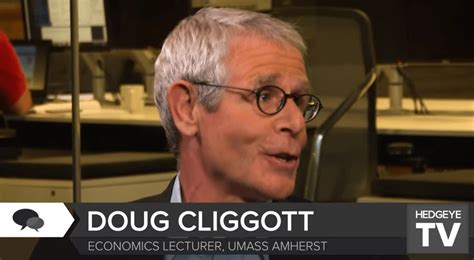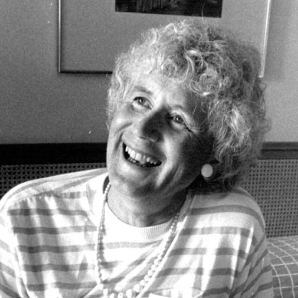A Quote by Stephen Greenblatt
But if Shakespeare himself is maybe about meaning and truth, I don't know, then he is certainly about pleasure and interest, we start with pleasure and interest, but maybe eventually it gets to meaning and truth.
Related Quotes
The key is if the economic data stays soft, maybe we don't have to worry much about interest rates anymore. Then we need to worry about earnings. What gave us a really strong move in stock prices from late May until about two weeks ago was this heightened optimism that maybe interest rates are at that high. That gave you a relief rally. Now reality is setting in - if we've seen the worst on interest rates then we've seen the best on earnings.
The Bible is a wonderful book. It is the truth about the Truth. It is not the Truth. A sermon taken from the Bible can be a wonderful thing to hear. It is the truth about the truth about the truth. But it is not the truth. There have been many books written about the things contained in the Bible. I have written some myself. They can be quite wonderful to read. They are the truth about the truth about truth about the Truth. But they are NOT the Truth. Only Jesus Christ is the Truth. Sometimes the Truth can be drowned in a multitude of words.
Start telling the truth now and never stop. Begin by telling the truth to yourself about yourself. Then tell the truth to yourself about someone else. Then tell the truth about yourself to another. Then tell the truth about another to that other. Finally, tell the truth to everyone about everything. These are the Five Levels Of Truth Telling. This is the five-fold path to freedom.
I think maybe the destructive pleasure got turned into the destructive pleasure of war (something we see still in the images of US soldiers urinating on the dead bodies of Taliban soldiers). Something of the pleasure in destruction gets unleashed, and then becomes part of war effort rationalised first as revenge (or justice defined as revenge). But then it takes new forms, as we see now.
The things that are reflected back at us, often times, are appealing to a base instinct that's about response as opposed to reflection. So for me, it's important to turn on a piece of information that might interest people, you know, that might interest them in pursuing or researching maybe, or even just thinking about it in that moment as I'm performing it.
There is a creative pleasure, which, for instance, the artisan in the Middle Ages, or in a country like Mexico, still today has - namely the pleasure of creating something. You find quite a few skilled workers who still have that pleasure: maybe in a steel mill; maybe a worker who works with a complicated machine - he has a sense that he is creating something.


































